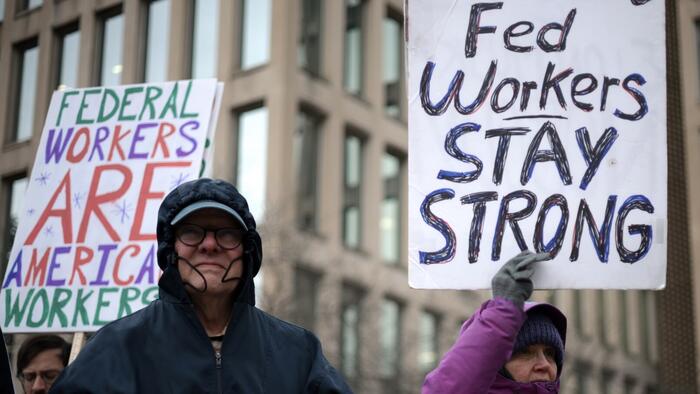Overview
House Republicans are proposing changes to federal employee retirement plans to save taxpayer money. These changes could affect how much workers pay into their pensions, when they receive benefits, and how their pensions are calculated. Here’s a breakdown:
Key Proposed Changes
- Higher Pension Contributions
- Current System: Workers pay different rates into their pensions based on when they started their jobs (e.g., 0.8% for pre-2013 hires, up to 4.4% for newer hires).
- Proposed Change: All workers would pay 4.4% of their salary into pensions, regardless of hire date.
- Impact: About half of federal workers would pay more. This could save $30.7 billion over 10 years.
- Ending Early Retirement Supplements
- Current System: Some federal retirees get extra payments if they retire before Social Security age (62) to help cover costs until their Social Security kicks in.
- Proposed Change: Eliminate this supplement except for jobs with mandatory early retirement (e.g., police, firefighters).
- Impact: Saves $10.1 billion over 10 years. Critics argue this could hurt workers who retire early for non-health reasons.
- Pension Calculation Change
- Current System: Pensions are based on the average of a worker’s highest 3 years of salary.
- Proposed Change: Use the average of the highest 5 years instead.
- Impact: Likely reduces pensions for some, saving $4.75 billion over 10 years.
- Health Plan Audit
- Check if dependents (like family members) on federal health plans are eligible.
- Goal: Save $1.5 billion over 10 years by removing ineligible people.
Why Now?
- The changes aim to help pay for extending 2017 tax cuts (set to expire in 2025).
- Supporters say it’s about “fiscal responsibility.” Critics argue it unfairly targets federal workers.
What’s Next?
- A committee will review the proposals on Wednesday.
- If approved, they’ll be added to a larger bill for a vote this summer.
Key Terms Simplified
- FERS: Federal Employee Retirement System (pension plan for most government workers).
- CSRS: Older pension plan for workers hired before 1984.
- Pension Supplement: Extra payments to early retirees until they qualify for Social Security.
Why It Matters
These changes could affect retirement plans for millions of federal workers, from office staff to postal workers. Supporters say it’s necessary to cut costs; opponents call it a cut to worker benefits.
